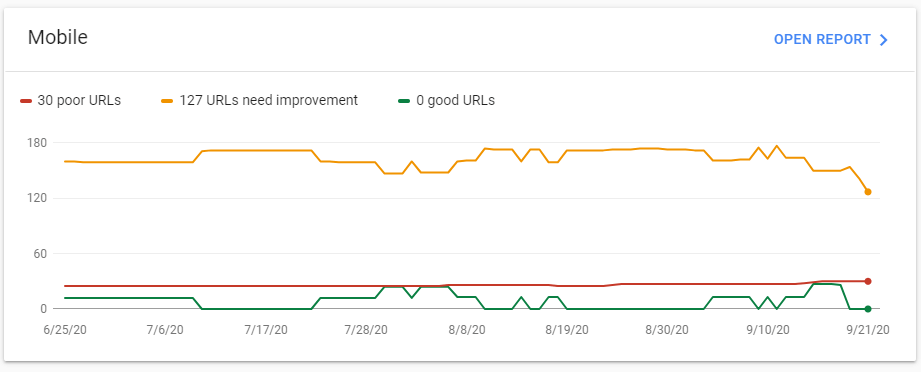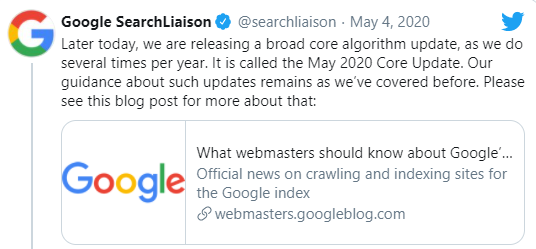
An SEO Audit Finds Your Place in Cyberspace
Matt Bell | Content Strategy & SEO
An SEO audit is as close as you can get to figuring out where a website fits in to the vast expanse of cyberspace.
Also called a site audit, it is one of the most productive tasks in digital marketing.
They take an accurate as possible snapshot of specific factors, both on- and off-site, related to a website’s ability to rank in a search engine query for the most relevant searches.
Put another way, it measures all the things search engines look at to determine if a website has best answer to the queries that get typed into the search bar.
The different factors studied in an SEO audit (which we’ll get to below) come together to comprise a website’s authority. And overall authority is how Google places a website within the universe of the Internet.
With so many different factors going into a page’s authority, an SEO audit comes in many shapes and sizes. However, there are generally a handful of main parts.
The importance of each can vary based on the company’s needs, industry, and other proprietary factors, but the process usually starts with a technical audit.
A technical audit analyzes the mechanical operation of every page on a website to uncover flaws or grab hold of opportunities. It finds problems between how a website is coded and how search engines read. It can surface immediate, highly impact improvements on performance.

Google Search Console helps locate a variety of website issues including how well a site can be found on a mobile device.
The on-page audit looks at elements found on webpages that a website operator has direct control over. These can range from individual page elements, like copy for keyword-optimized blogs + landing pages, to broad structural aspects such as how all the pages on a site are linked together.

Googles Keyword Explorer is one of a few tools that helps explain demand around keywords.
Primarily focused on external links, the off-page audit looks closely at the quantity, quality and relevance of websites that link to a brand’s page.

Several tools, such as Majestic, can be used to gauge the value and volume of links directing readers to a website.
Online competition is relative. A competitive audit is prepared to understand the types and quantity of optimization required to perform well within the whole picture. The result is a comparative performance summary that identifies competitor strengths and weaknesses.

SEMRush and MOZ are just some tools lets you learn more about how search engines perceive and rank the competition.
SEO Audits can help fuel return on investment on a website.
By itself, businesses can get a sense of how their website is doing or find answers to immediate performance-related questions. But audits also set the stage for strong practical implementations that relate to improving search engine rankings.
It’s hard to sit on this kind of data and not use it to shine a light on the future. Here are a few useful applications.
The data mined in an SEO audit can help paint a picture of what a website can do to rise in the rankings, reach more searchers, and propel more conversions. Businesses with an SEO strategy using data derived from an audit can better understand how and where to allocate tactical digital efforts to get the most out of an organic online presence.
The results of strategic optimizing can improve a diverse range of areas like technical operation, UX, and content.
Change is constant online. Search patterns evolve, search engines modify their standard requirements, and if the competition has invested in SEO, they are probably creating optimized content/tools built to outperform yours.
Site audits help unravel why a high performing webpage suddenly fell out of the top search results. And it can offer insight into loss or gain of traffic and conversions.
Performing SEO audits can catch issues that hinder a site’s ranking that businesses not invested in search might never figure out.

In May 2020, Google announced a powerful update that changed several key performance standards.
An SEO audit can be performed at any time; however, there are several factors that may affect coordination.
Seasonal businesses should plan an audit six months prior to their busy season if they hope to use it to improve organic-driven conversions. Otherwise, an audit during the most active times allows businesses to measure year over year performance.
Sites that are migrating or making other big changes can do an audit before and after to help measure performance changes and identify any issues.
And newer, smaller sites may not need as persistent an audit program as a well-established, larger website, which can benefit from frequent inspections.

An SEO audit can help explain website performance related issues but it also leaves valuable clues on how a business can move up in online rankings and maintain good positioning. Luckily, there are guides (aka SEO experts) that help turn those breadcrumbs into a plan.
After performing a site audit, a customized report is created that can be used to help design a larger SEO strategy.
Helmed by an experienced SEO professional, this strategy helps a website get and keep better real estate on search engine results pages. With a focus on organic exposure, a business can work towards exerting gravitational control over just the right online audiences becoming a constant source of driving business.
Interested in learning more? Say hi!